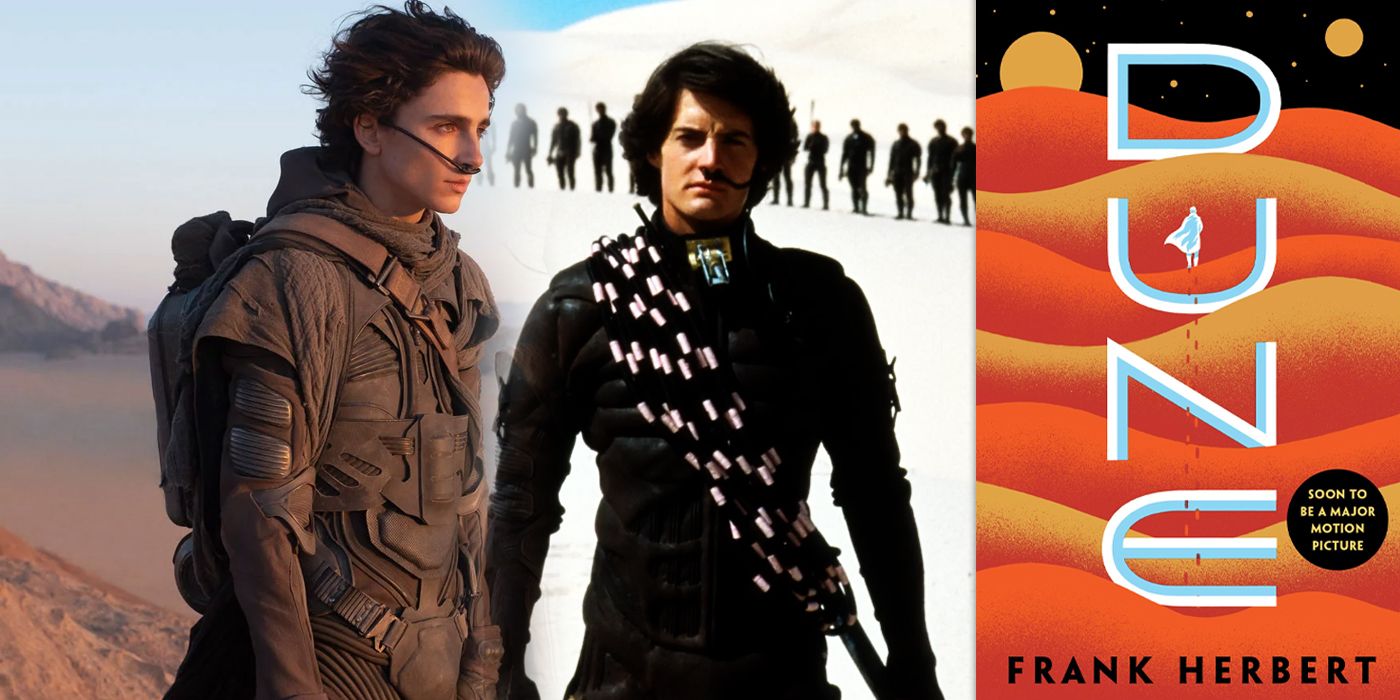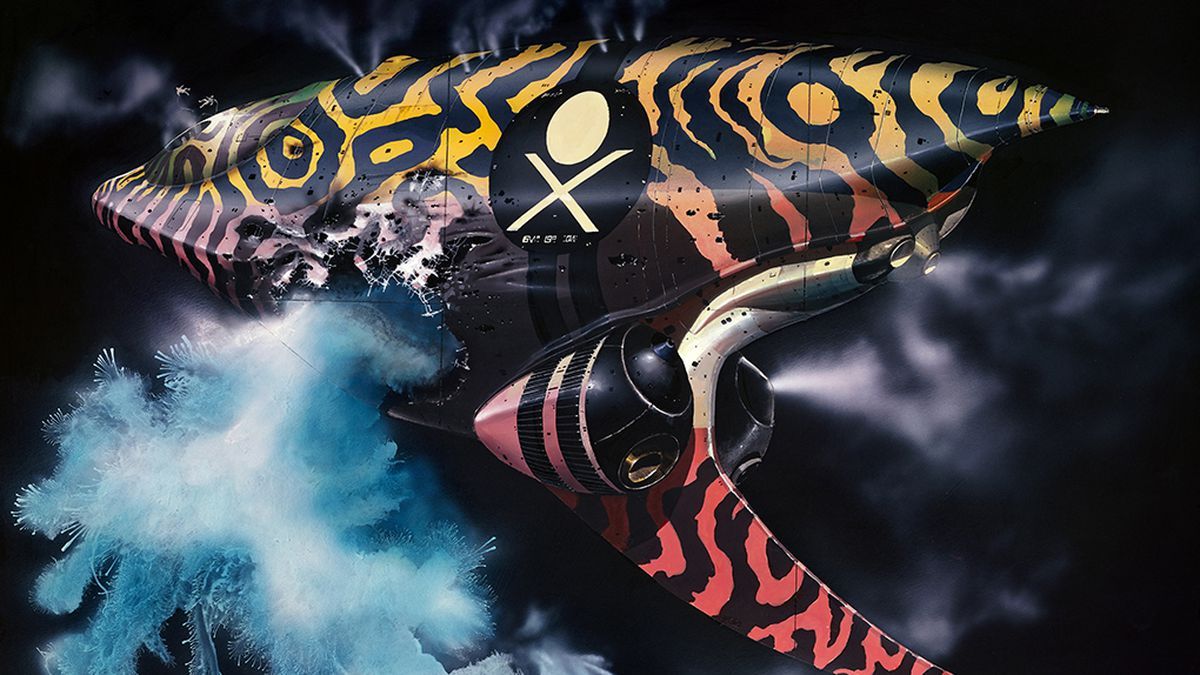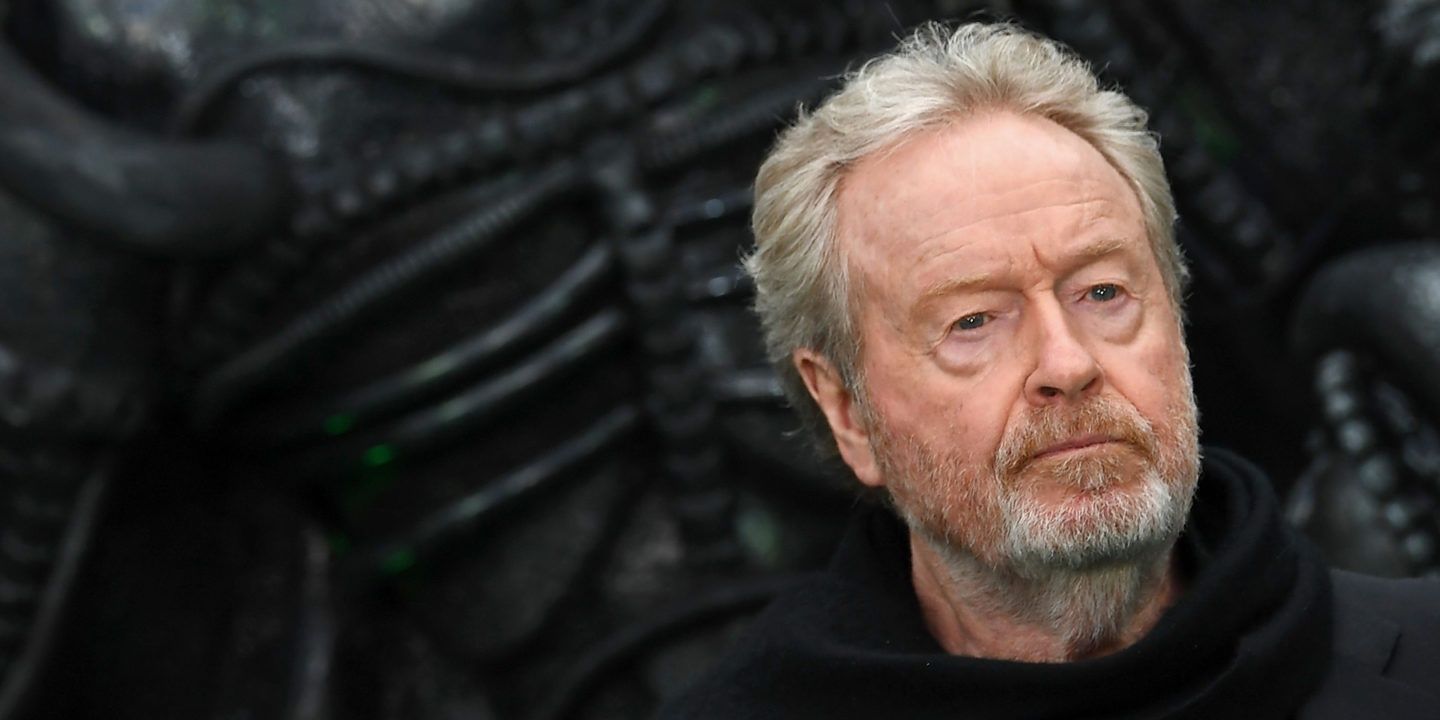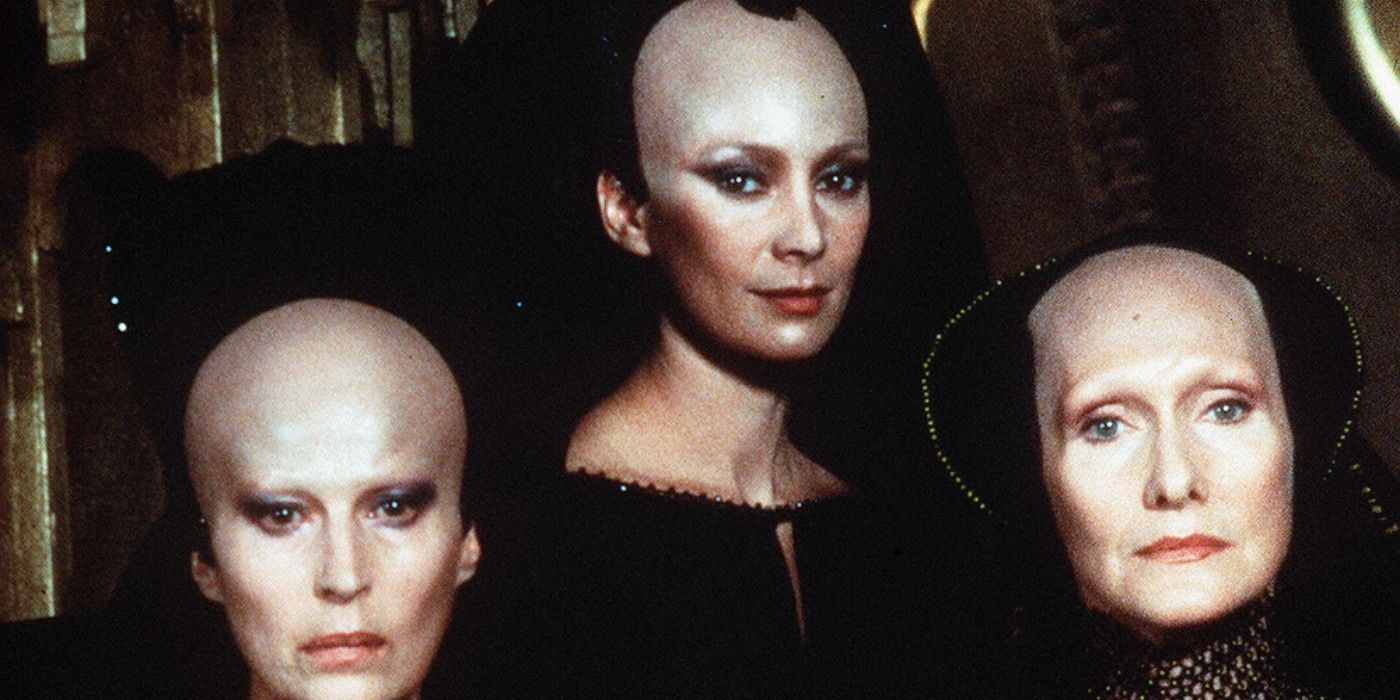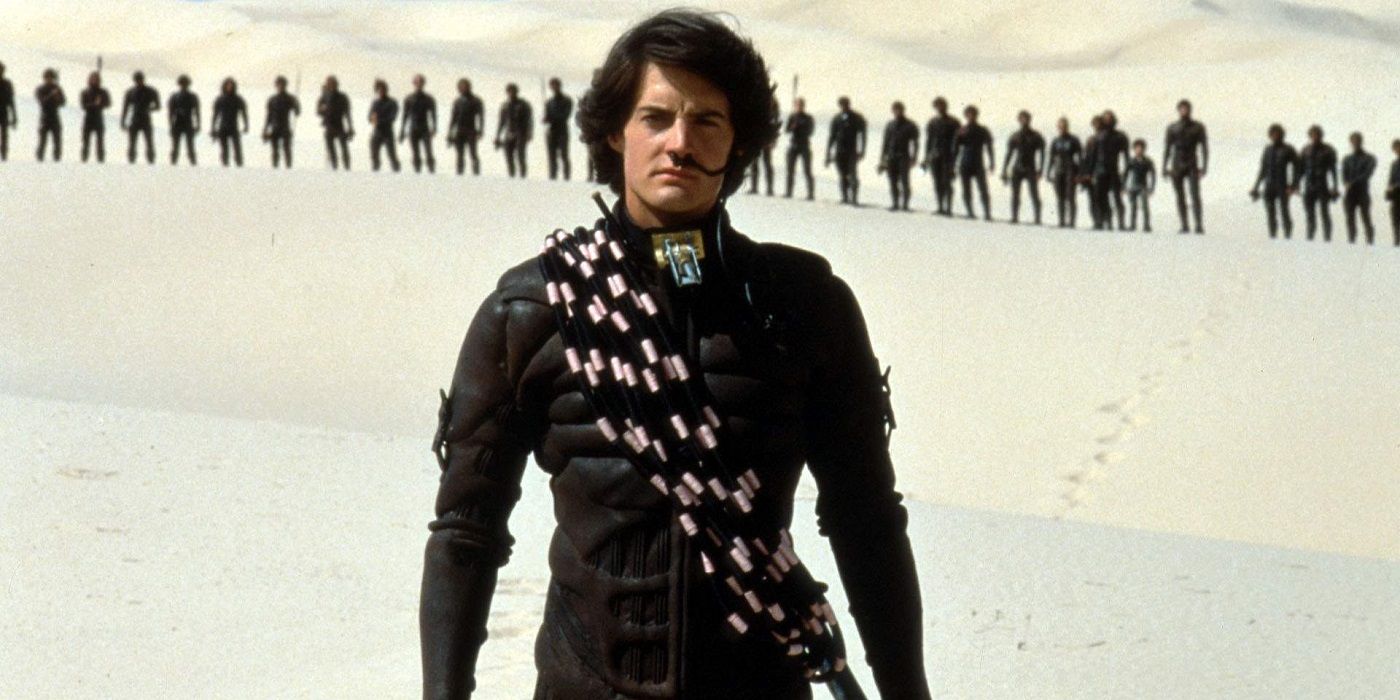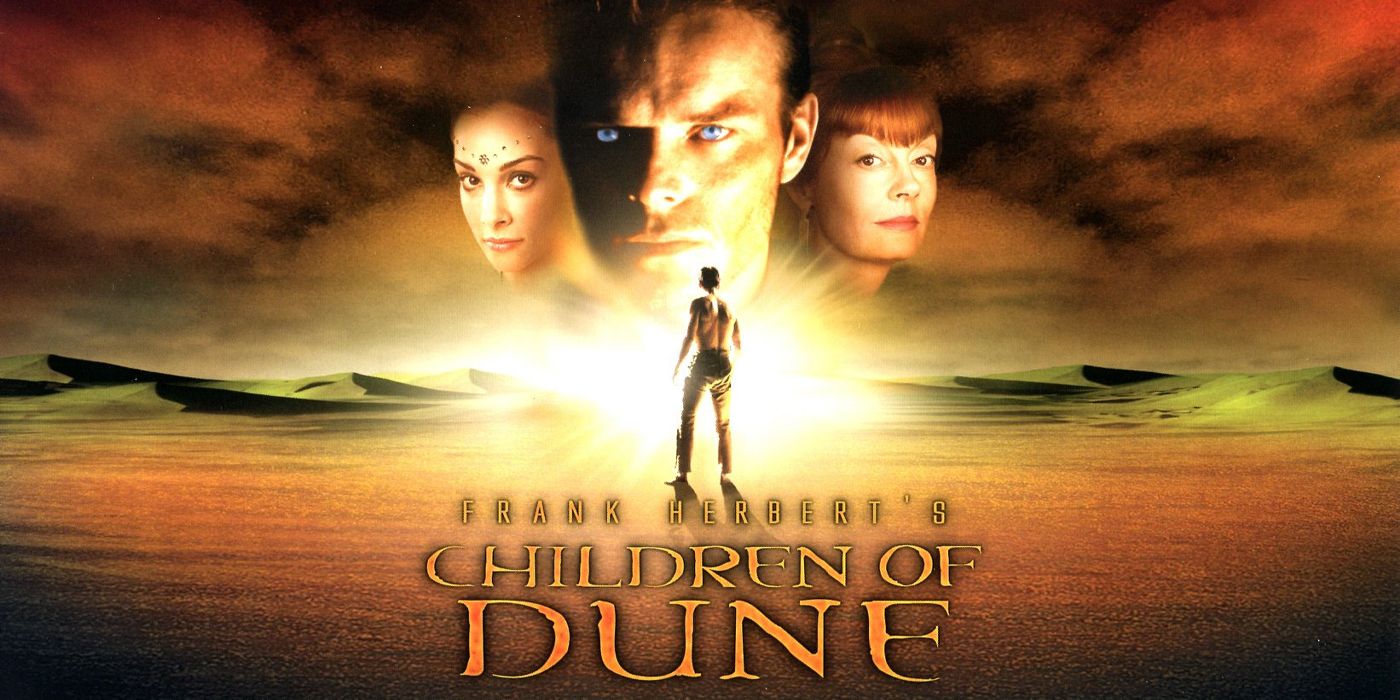There have been many attempts to adapt Frank Herbert’s classic sci-fi novel Dune to the big screen, but not with much success. Since its publication in 1965, Frank Herbert's novel Dune has been considered one of the great and most important novels in 20th-century science-fiction. The winner of both the Hugo and Nebula Award – two of the genre's most prestigious honors – Dune has been seen for decades as one of the landmark texts of sci-fi literature. Herbert's tale of feuding interstellar families and the battle for control over the planet of Arrakis has inspired texts from Star Trek to Futurama. Arthur C. Clarke, another stalwart of sci-fi, said of Dune, "I know nothing comparable to it except Lord of the Rings." So, it's safe to say that Dune is a very big deal.
Writing for The New Yorker in 2013, Jon Michaud noted that Dune "has not penetrated popular culture in the way that The Lord of the Rings and Star Wars have." This may be, at least in part, down to the fact that there has been no definitive cinematic adaptation of the novel. That's not to say that Hollywood hasn't tried multiple times to get it right, but even with one major movie under its belt, it's not hard to see why Dune is oft-described as one of the great unadaptable books.
Dune's pop culture status may be about to change, however, thanks to Blade Runner 2049 director Denis Villeneuve. His take on the novel, which stars Timothée Chalamet as Paul Atreides, will (hopefully) premiere this December, and fans are eager to see if they can finally have a Dune movie worthy of the source material. This version of Dune, Villeneuve explained in March 2018, will be a two-film story with a tie-in television prequel series for the upcoming streaming service HBO Max. This film has been a long time coming for many Dune fans: The various failures of Dune in Hollywood have become the stuff of cautionary tales for some, as well as a sign of just how deep the depths of development hell go.
Jodorowsky’s Dune Movie
The movie rights to Dune were first optioned in 1971 by producer Arthur P. Jacobs, perhaps best known for The Planet of the Apes series. His first choice to direct the movie was David Lean, the man behind Lawrence of Arabia, which was certainly a bold but understandable choice. Lean turned down Jacobs, who, unfortunately, died in 1973, a year before shooting on the film was planned to begin. In December 1974, a French consortium led by producer Jean-Paul Gibon bought the film rights from Jacobs's company and decided that their dream director for the project was Alejandro Jodorowsky.
Widely considered the grandfather of cult cinema, Jodorowsky's avant-garde films El Topo and The Holy Mountain established him as one of the most unique and provocative filmmakers of his time. His blend of mysticism, violence, surrealism, and LSD-fueled psychedelia made him a favorite with the counter-culture of the era, so it wasn't hard to see why producers thought him a good fit for Dune.
Nowadays, Jodorowsky's Dune is considered one of the great unmade movies, a testament to vaulting ambition and a singular vision that never could have been made in 1975. At the time, however, Jodorowsky and his team were deadly serious about pulling this feat off. The cast would have included Salvador Dalí, Orson Welles, Gloria Swanson, and Mick Jagger, with music from Pink Floyd and design by H.R. Giger, the man behind the aesthetic of Ridley Scott's Alien.
The major problems with Jodorowky's Dune were budget-related. Dalí demanded to be paid $100,000 an hour, which Jodorowsky agreed to after tailoring the artist's part to be filmed entirely in one hour, with a mannequin used as a substitute for other scenes (Dalí allegedly left the film after making some controversial statements in regards to General Franco.) Funding became thin on the ground and Jodorowsky's vision led to $2 million of the $9.5 million budget being blown on the pre-production stage alone. The director's script would have resulted in a 14-hour movie! After two and a half years in development, the project ultimately stalled for financial reasons and Jodorowsky eventually left. The fruits of his labor and the epic story of this failed movie eventually became a 2013 documentary titled, appropriately, Jodorowsky's Dune.
Dino De Laurentiis’s Dune Before Lynch
In 1976, Italian producer Dino De Laurentiis became the latest owner of the film rights to Dune. His first choice to direct the film was Ridley Scott, fresh from the success of his second movie, Alien. Scott intended to split the book into two movies and used the ground-breaking war drama The Battle of Algiers as his point of reference for the project. The pre-production process proved too slow for Scott, and he soon left the project to make another sci-fi film, Blade Runner. As noted in Ridley Scott: The Making of his Movies by Paul M. Sammon, Scott became overwhelmed by the time that a proper adaptation of Dune would require:
But after seven months I dropped out of Dune, by then Rudy Wurlitzer had come up with a first-draft script which I felt was a decent distillation of Frank Herbert's. But I also realized Dune was going to take a lot more work — at least two and a half years' worth. And I didn't have the heart to attack that because my older brother Frank unexpectedly died of cancer while I was prepping the De Laurentiis picture. Frankly, that freaked me out. So I went to Dino and told him the Dune script was his.
By 1981, De Laurentiis's film rights to Dune were about to expire, so the producer renegotiated for the rights with Frank Herbert and went to work on finding a new director. It was actually his daughter, producer Raffaella De Laurentiis, who made the suggestion of one David Lynch.
David Lynch’s Dune
By 1981, David Lynch was the hot new talent on the scene. After establishing himself as a truly unique director with his debut, Eraserhead, he went on to land his first Oscar nomination for Best Director with 1980's The Elephant Man. This success led him to be considered for a whole host of major projects that, in hindsight, seem absolutely bonkers as Lynch movies, including Return of the Jedi. After seeing The Elephant Man, Raffaella told her father that Lynch would be perfect for Dune, and he agreed to direct the film, even though he confessed he hadn't read the book, nor did he have much interest in traditional science-fiction.
Lynch and his team went through multiple drafts of the script but could never fully settle on one version. By the time shooting started, the screenplay remained jumbled and incoherent. It wasn't until Lynch got into the editing room, however, that the real problems started. The rough cut of Dune, without effects, ran over four hours long and Lynch wanted to keep his cut to around three. The De Laurentiis Company and Universal, however, wanted a more traditional two-hour theater-friendly version. New scenes were filmed to condense some of the book's heavier plot elements, Virginia Madsen shot a new introduction to recap the basic set-up of the story, and a whole lot of whispering voice-over was added. The movie that made its way to theaters was savaged by critics and failed to recoup its reported $40 million budget. Lynch's next project made with The De Laurentiis Company, Blue Velvet, proved more successful.
In 1988, a television version of Dune aired in two parts with a running time of over three hours. This cut was treated like a T.V. miniseries, divided over two nights and with a "previously on Dune" style recap. Lynch disavowed this version of the movie and even had his name removed from the credits. This cut includes the Alan Smithee pseudonym instead, which is the name that directors are allowed to use when they wish to disown a project [via Los Angeles Times]. You can still occasionally buy this version of Dune on DVD under the label of “extended cut.” It is frequently confused with a director’s cut, but no such version of the movie exists.
Why Lynch Won't Make a Director's Cut
Universal has approached David Lynch numerous times over the years for a director's cut of Dune, but he has always declined and distanced himself from the movie in interviews. To this day, it is still widely considered Lynch's worst movie, although the blame is often leveled more at the producers than the director. Contrary to fan rumors, one has never actually existed. In a recent interview, Lynch also said that he had "zero interest" in watching Villeneuve's version. Since Dune, Lynch has stuck to smaller budget films that allow him total creative control, the notable exception being the ABC run of Twin Peaks, which faced a whole lot of studio meddling. As Lynch himself explained:
[Dune] was a failure and I didn’t have a final cut. I’ve told this story a billion times. It’s not the film I wanted to make. I like certain parts of it very much – but it was a total failure for me.
Frank Herbert's Dune on SYFY
Strangely, given the vast scale of the Dune saga, the series has found greater success on television, even during times when the medium lacked the funds and technology to fully bring this interstellar epic to life. Frank Herbert'sDune premiered in 2000 on SYFY (back when it was known as the Sci Fi Channel) and won over fans, even with its limitations. A 2003 sequel miniseries, Frank Herbert's Children of Dune, followed suit, although some critics felt it lacked the subtlety and nuance of the source material. For most fans, Dune requires the grandeur of cinema, and the budget to go with it.

